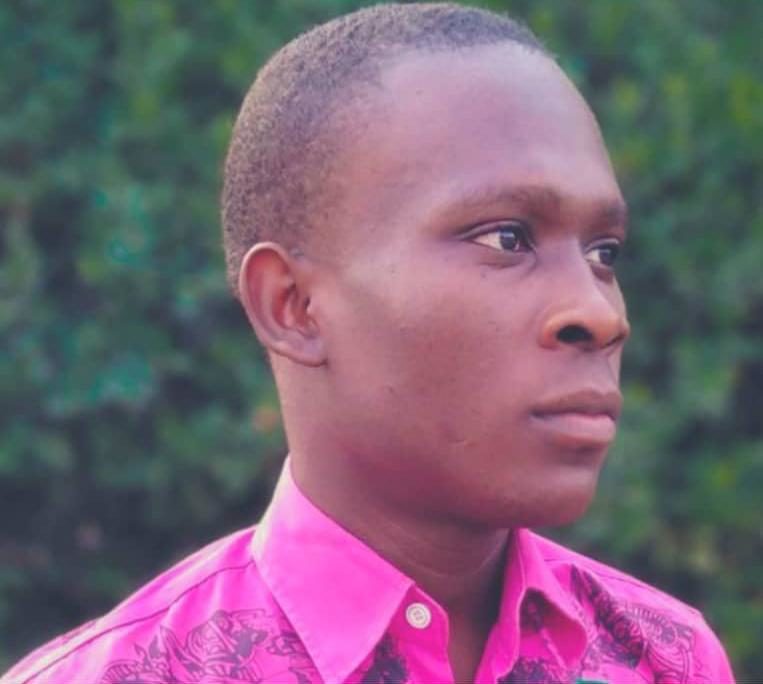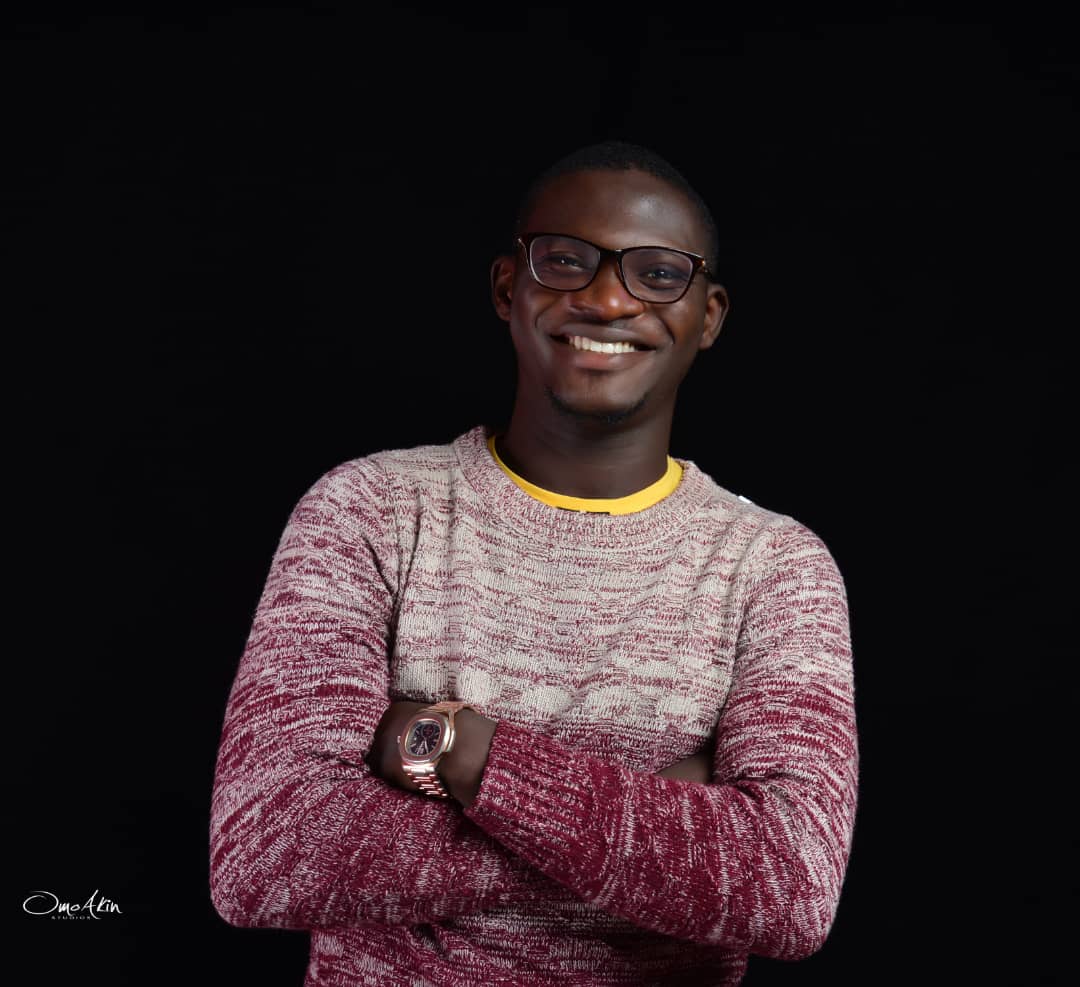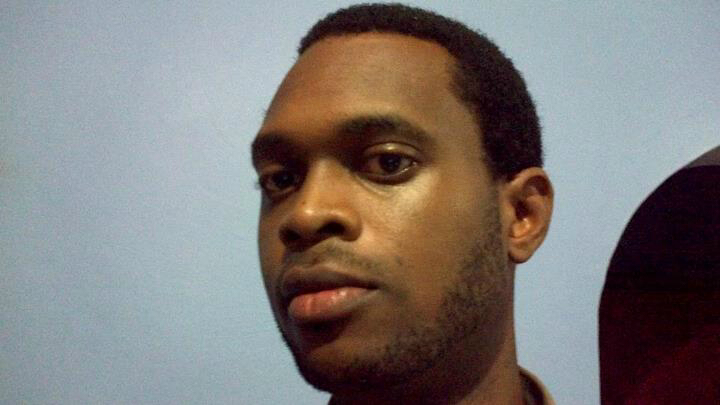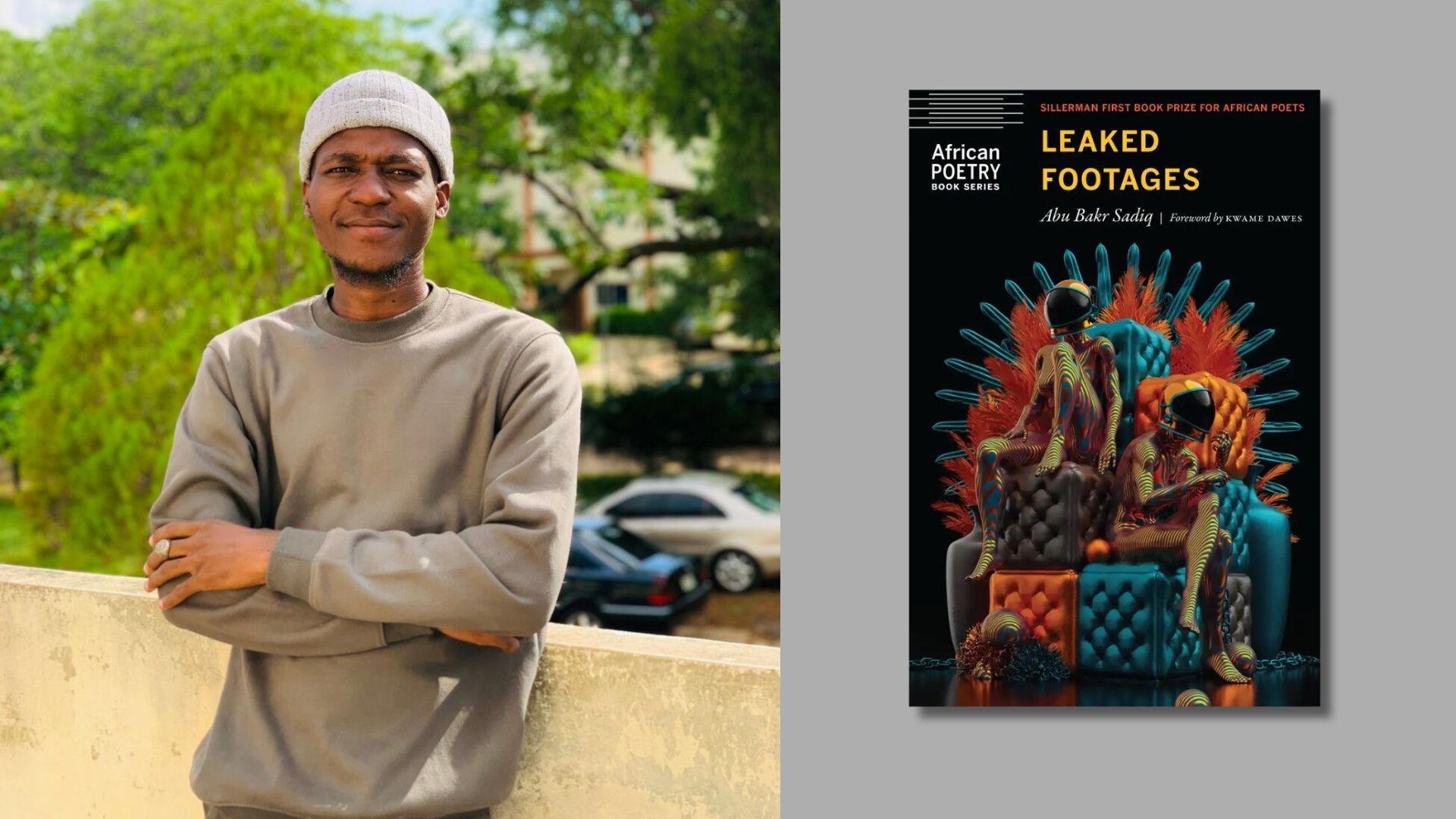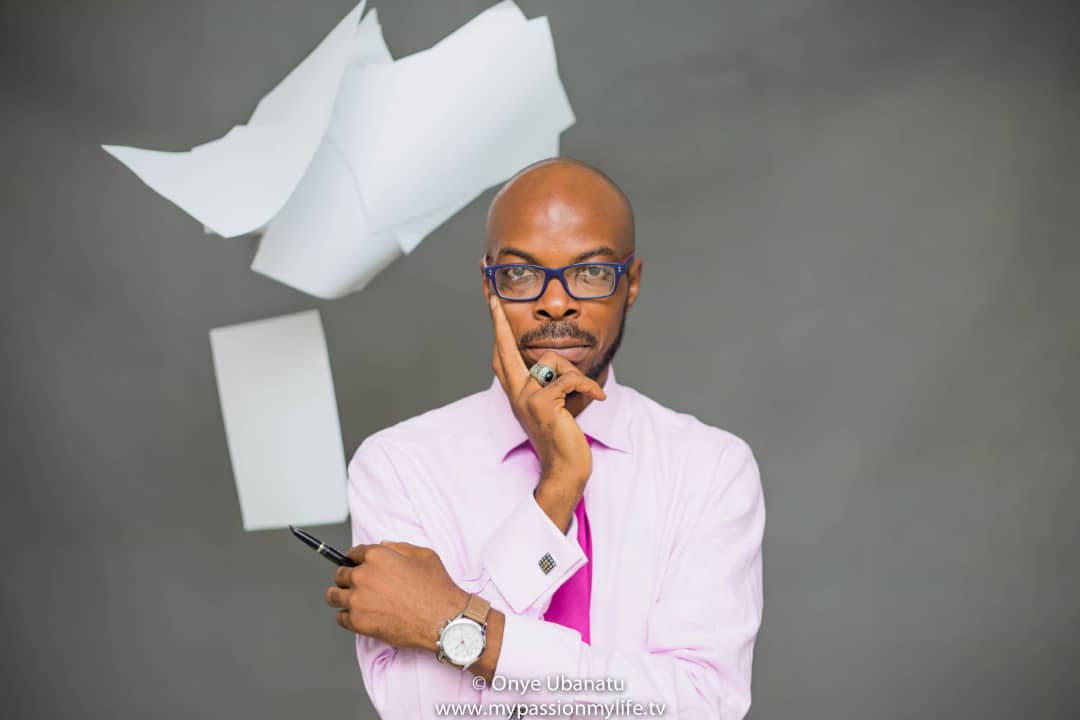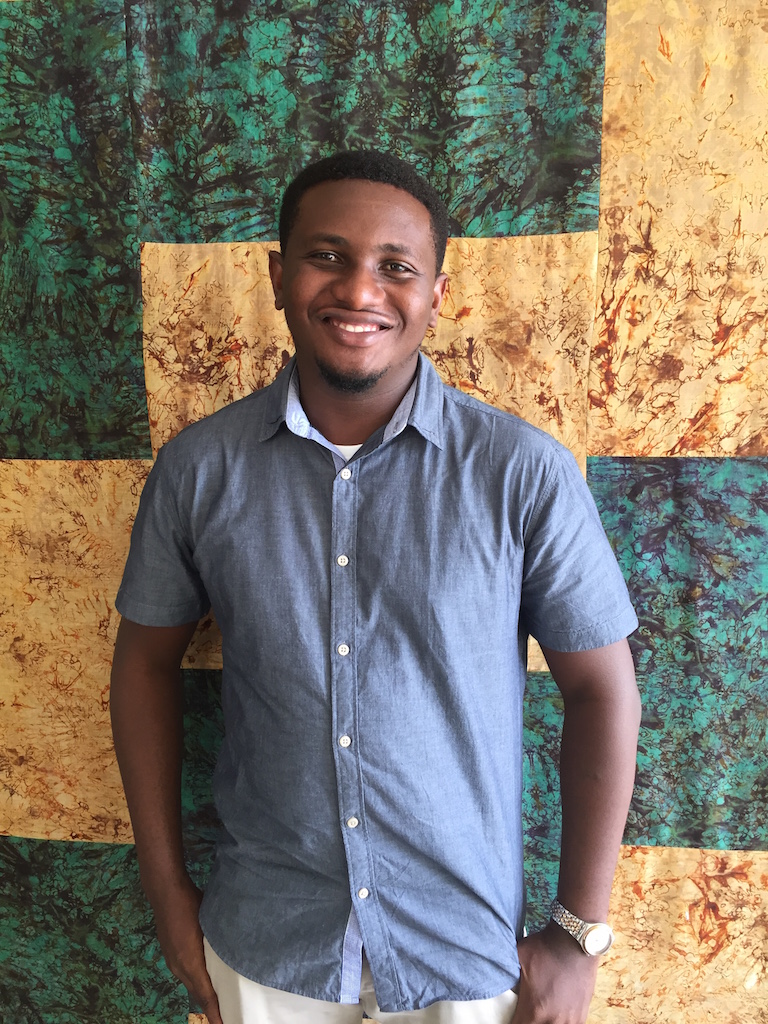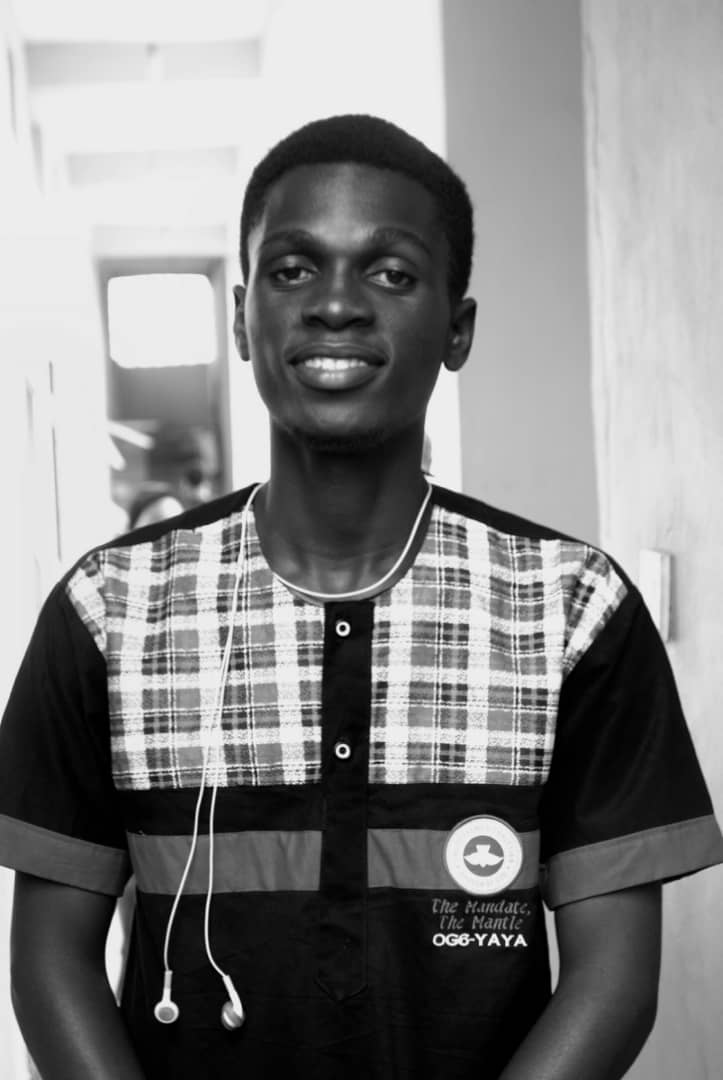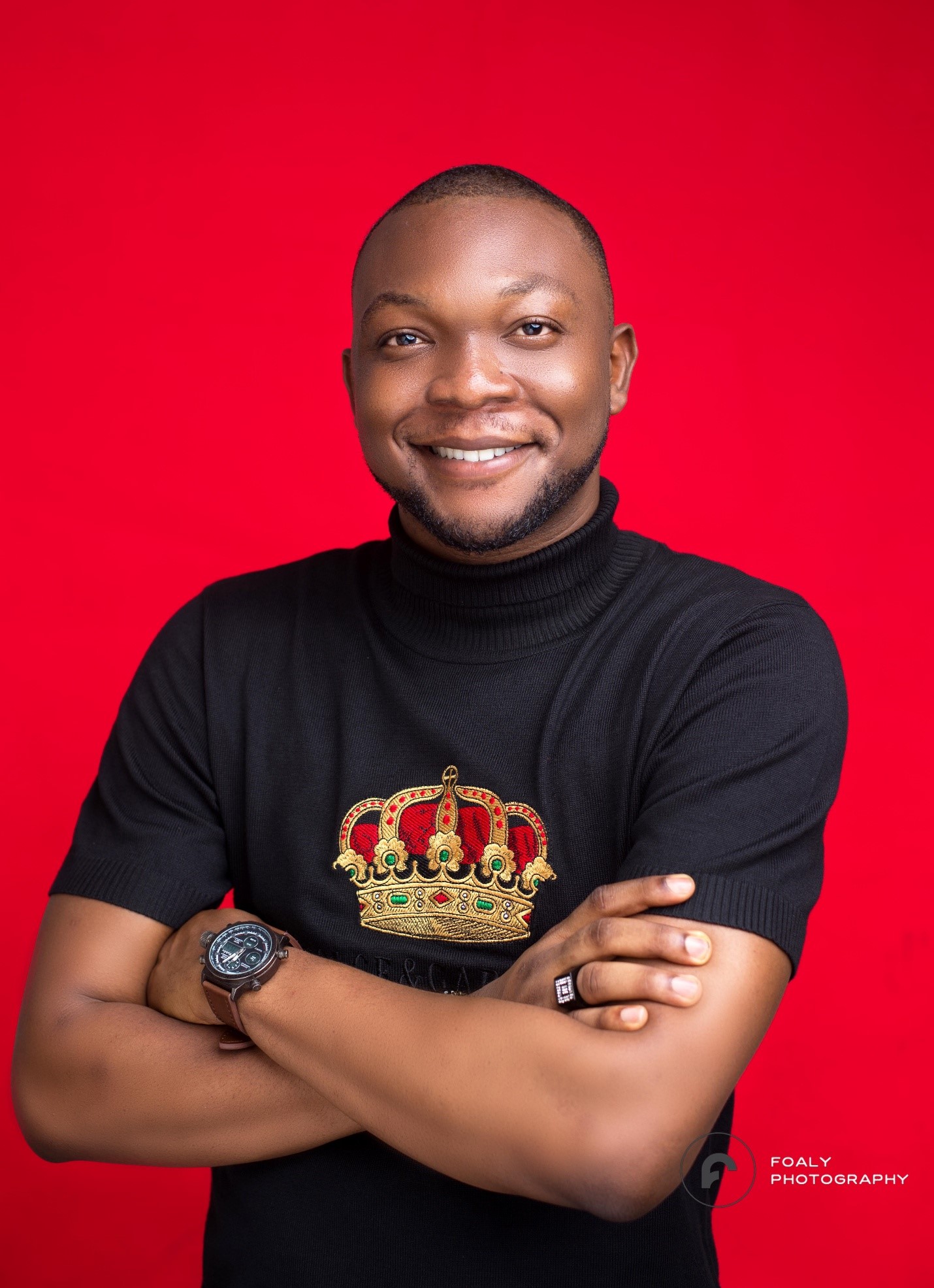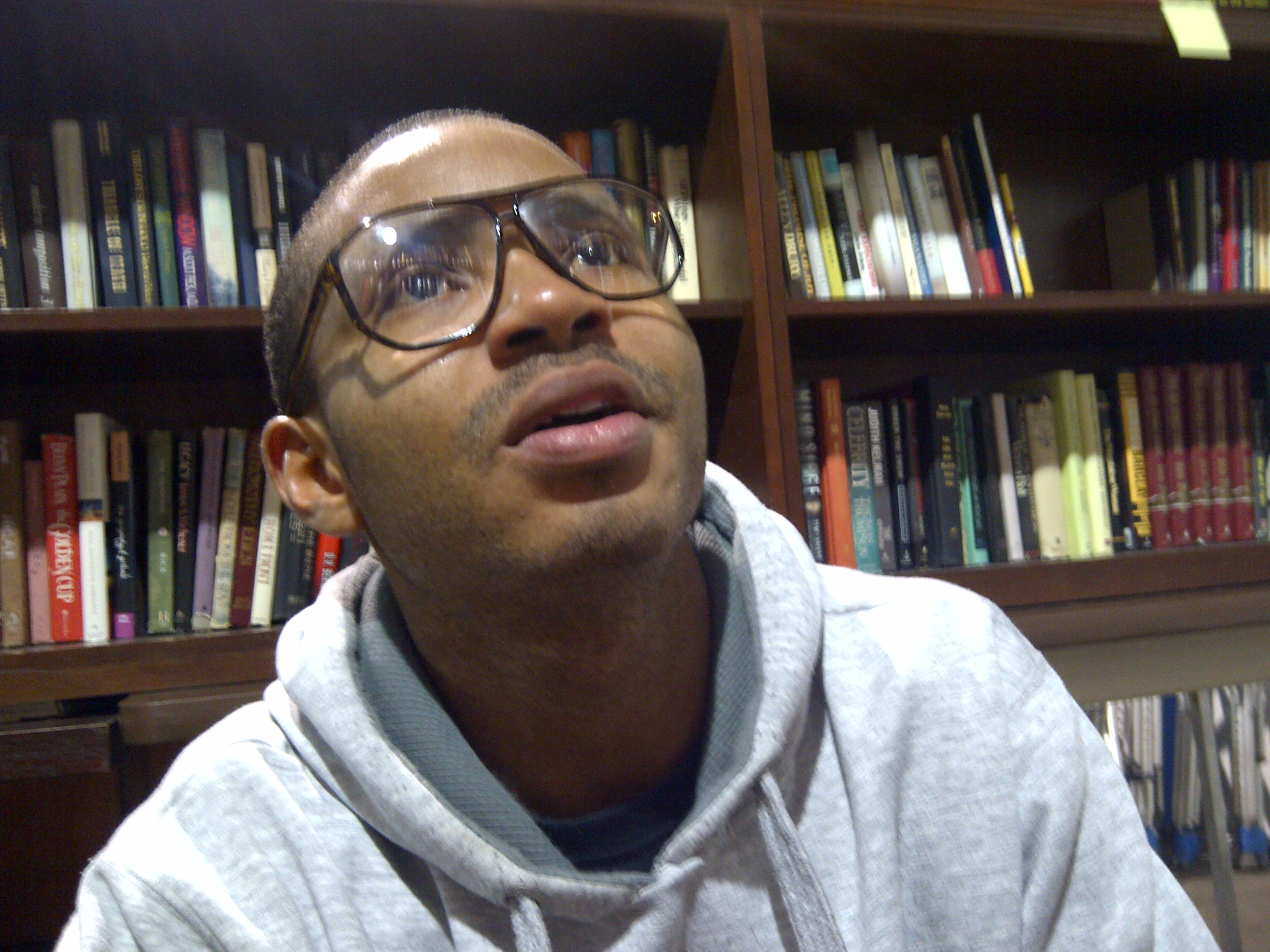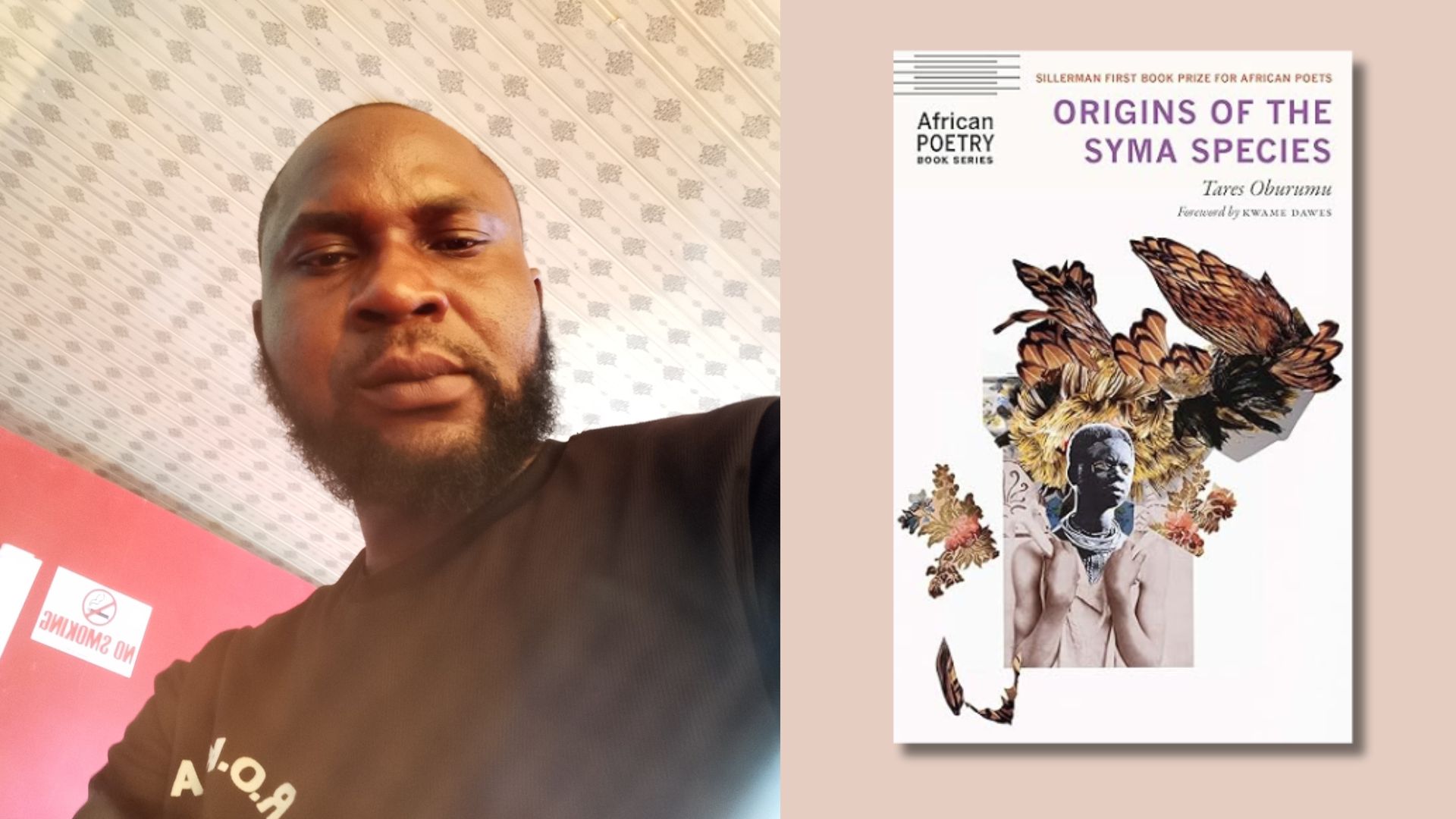Chizoma Emeka Joshua is a Student whose academic pursuit seems not to be holding him back as he soars in attaining a solid foot in writing. He is a BellaNaija Columnist, a Fictionist, an Editor and the current winner of the 2019 KreativeDiadem Competition for the flash fiction category. His works have appeared on Expound Magazine, Kalahari Review, Prachya Review and elsewhere.
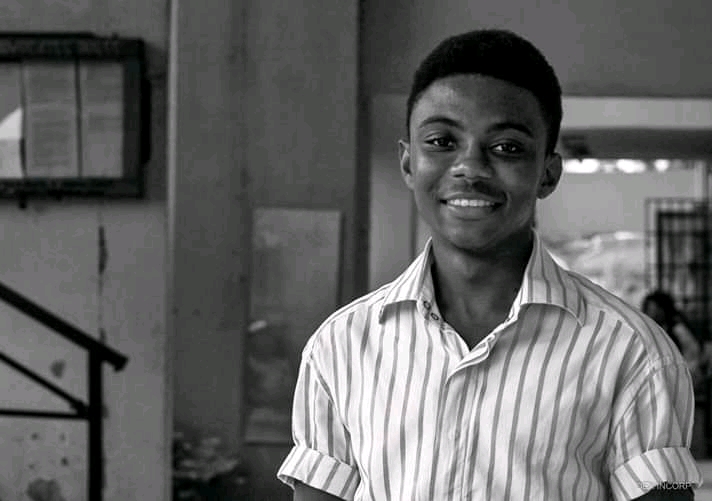
Q. Good day Joshua. When did you start writing?
A. The first short story I finished was in 2015. It was around the time I gained admission into the University of Nigeria. I look back to that time as the genesis of my writing career although I had started and finished several other works before that time. There was some sort of confirmation finishing that piece gave me. It was the moment I knew I was ready to embark on the (perilous) journey to being a writer. So, yes, I began writing towards the end of 2015.
Q. Most of your fictions have African cultural and mythical undertones. What inspires this?
A. I don’t think I consciously tilt towards any genre. I try to experiment as much as I can, so I have written works that span across several genres and with different themes. I do think I write African themed works because being African (Nigerian) is the first reality I hold. The subject of identity – who we are, where we come from – has a huge influence on what a writer puts out. So, I write about the African experience because it is who I am. It is what I know. You see, I do believe we are our most authentic self when we write about realities we are familiar with. And being African is a reality I am most comfortable with.
On mysticism, I guess you are referring to my story, ‘Bare Feet’. I wrote that story after being part of a masterclass hosted by Tj Benson. He told us to write different, unheard of stories. ‘Bare Feet’ was my different story.
Speculative fiction is an area I am interested in at the moment, hence mysticism. I think it has untapped resources, Speculative fiction, that is. And it is beautiful what writers like Acan Immaculate and Tj Benson are doing in that area. They are turning the focus inwards, taking charge of our narratives, remolding the stories about African mysticism, turning them into stories that are relatable, real, without any of the Western imposed negative connotations. By shedding light on the narratives that had been shrouded in mystery before now they succeeded in inspiring me to attempt to do same.
Q. Would you say you somewhat prefer African literature to that of the western world?
A. Yes, I do. Although I grew up reading a lot of books by foreign authors about foreign locations. But once I started writing, I developed an appreciation for African works. Especially those by African descent.
Q. As a student of law, how do you reconcile, or will I say balance law and writing? Any challenges?
A. I do not think it is any more different for say a student of Accountancy or Mass communication. Writing is who I am. It is my first love, and has stayed with me the longest. It is something that is intricately tied to my person. However, the study of law is something very dear to me also. I hate to have to quantify my love for one or the other so I always try to make out time to write even while having to deal with the rigours of school work and tests and all. It isn’t always easy; the study of law is very demanding. Especially during exam seasons. However, writing is something I cannot do without and I have found a way to strike a balance between the two.
Q. You have edited a couple of magazines on your campus, can you give us a run-down of these magazines and what took you a bit farther from just writing to being in an editorial team?
A. I have been on the editorial team of the Lionspot magazine and the College road magazine, both are publications circulated in the university campus of the University of Nigeria, Enugu Campus. I recently published the first magazine I was an editor in chief for, the Lex Divina magazine. It is the annual publication of the Christian Law Students Fellowship of Nigeria. It was a huge honour.
I think there is the satisfaction that comes when you are part of the process for the creation of something beautiful. I believe that is the drive of any editor. The art of making words available for consumption, of channeling and chiseling works to the finish, that was the reason I became an editor. The relationship between the editor and the writer is one of absolute trust. One I do not take for granted.
Q. What other writing competitions have you won (or have u come close to winning) aside the Kreative Diadem?
A. I recently won the Short Story Champions League Competition. It was a writing tournament where we were squared off against several partners through the different stages. It spanned the period of over three months.
Q. Is writing a hobby for you or a source of extra income or something you hope to pursue on a full scale someday?
A. I do not think a time would come when I would ever stop writing. Thus, I hardly think it would be appropriate I to term it a hobby; it is much more than that. It is the process that keeps me sane. It is therapy. It is the vent for my anger and frustration and joy and gladness. It is the avenue for which my person hood is expressed. So, calling it a hobby might be being over simplistic about its place in my life.
Yes, I make some money from writing. Not as much as I would love to anyway. (laughs)
I like to think that I am a very realistic person so I know that once I leave school and start practicing I may not have the time to invest into writing like I can now. That is the reason I am trying to write as much as I can while I still can. I know that there are others who have managed to juggle their careers while having writing as a second career. I’m not sure how they do it, I don’t think I can (or want to). I know there are people who have given up careers to focus on just writing. I can’t do that also. In the first place I love the practice of law. Also, I do not think I could ever muster the courage to take such a huge leap. Depending solely on writing is a dangerous gamble, one I am not sure I am built to withstand.
I do think I would have a collection of short stories someday. That is the much I can be sure of
Q. I know writers get inspiration from different sources. I want to know, what inspires your stories? Do you sometimes weave words from your own or people’s past experiences or are all your stories purely works of imagination?
A. I’m not sure it is possible to totally weave stories from your imagination without being influenced by actual events or persons. In that sense, I doubt if there is anything that is purely fictional. For me, my stories are sometimes informed by the experiences I’ve had, the stories I’ve been told, or some other person’s experience. So, I think every story we tell is someone’s story, and it is possible we may not even know that ourselves.
However, even if one disagrees with my assertion above, I do believe we can always agree on the place of honesty in storytelling. I do not mean honesty as referring to facts, I mean honesty as referring to process: making sure the emotions mirrored through the work is genuine; ensuring to tell the story the way it is to be told, regardless of who the audience is.
This interview was conducted by Nnamdi Laura
Nnamdi Laura Chioma is a poet, editor and writer, studies Law in a University in Nigeria and is a Senior Editor for the Barrister Magazine, UNEC. She loves the Lord, sleeping and eating. Her works have appeared on Praxis, African Writer, Kalahari Review, Poems Hunter and elsewhere.

